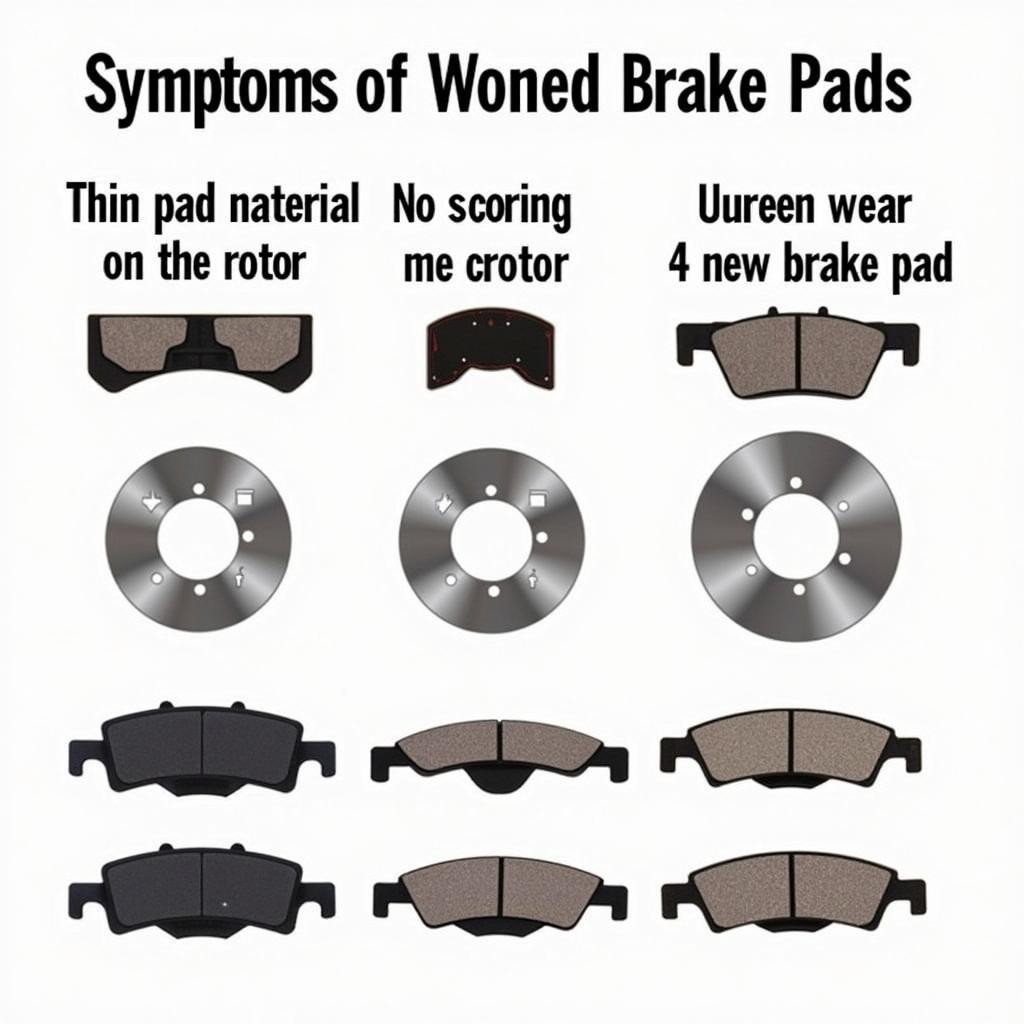Maintaining a lead-acid car battery is crucial for ensuring a reliable start and optimal vehicle performance. One key aspect of this maintenance is topping off the electrolyte levels with the correct type of water. Using the wrong water can damage your battery and shorten its lifespan. So, what kind of water should you be using? Let’s dive into the specifics.
Using the correct type of water for lead-acid car battery maintenance is essential. club car electric golf cart maintenance also requires regular attention, though the battery systems might differ.
Why Water Matters for Your Car Battery
Lead-acid batteries contain a mixture of sulfuric acid and water, called electrolyte. This electrolyte facilitates the chemical reactions that produce electricity. Over time, water in the electrolyte can evaporate, especially in hot climates or during periods of heavy use. Low electrolyte levels can expose the battery plates to air, leading to sulfation and reduced battery capacity.
What Kind of Water is Best?
The best water for lead-acid car battery maintenance is distilled or deionized water. These types of water are purified and free from minerals, impurities, and contaminants that can negatively impact battery performance.
Distilled Water
Distilled water is created through a process of boiling and condensation, removing impurities. It’s readily available and an excellent choice for topping off your car battery.
Deionized Water
Deionized water is purified by removing mineral ions through specialized filters. It’s even purer than distilled water, making it an ideal choice, although sometimes less accessible than distilled water.
Why Not Tap Water or Mineral Water?
Tap water and mineral water contain minerals like calcium, magnesium, and iron. These minerals can react with the sulfuric acid in the battery, creating deposits that hinder performance and reduce lifespan. Even small amounts of minerals can accumulate over time, causing significant damage. Imagine slowly clogging a pipe—the same principle applies to your battery’s internal components with mineral buildup.
How to Top Off Your Car Battery with Water
- Safety First: Wear safety glasses and gloves to protect yourself from acid splashes.
- Locate the Battery Cells: Open the hood and identify the battery. Most car batteries have six individual cells, each with a filler cap.
- Clean the Battery: Use a battery cleaning brush and a baking soda solution to remove any corrosion around the terminals and filler caps.
- Check the Electrolyte Level: Carefully remove the filler caps and check the electrolyte level. It should be just covering the plates.
- Add Water: Slowly add distilled or deionized water to each cell until the electrolyte level reaches the designated fill line. Avoid overfilling.
- Replace the Caps: Securely tighten the filler caps.
- Rinse and Dry: Rinse any spilled water with a baking soda solution and dry the battery surface.
Regular battery maintenance, like adding the correct type of water, can significantly extend its life and prevent unexpected starting problems. Just like maintaining your golf cart, [club car golf carts maintenance manual](https://autotippro.com/club car-golf-carts-maintenance-manual/) is a valuable resource, car battery maintenance is essential for optimal performance.
Conclusion
Using the correct type of water—distilled or deionized—is vital for lead-acid car battery maintenance. These purified waters prevent mineral buildup and ensure optimal battery performance and lifespan. Remember to regularly check and top off your battery’s electrolyte levels to avoid sulfation and premature failure. Need help with your car battery maintenance? Feel free to contact Autotippro at +1 (641) 206-8880 or visit our office at 500 N St Mary’s St, San Antonio, TX 78205, United States. We are here to assist you with all your automotive needs.
“Using the right water is a small step that makes a big difference in your battery’s life,” says John Miller, Lead Automotive Technician at Autotippro. “It’s like giving your battery a refreshing drink of water on a hot day.”
“I’ve seen countless batteries ruined by tap water,” adds Susan Davis, Senior Mechanic at Autotippro. “It’s a simple mistake that can cost you a lot in the long run.”
“Think of your car battery like a delicate plant. You wouldn’t water it with dirty water, would you?” — Michael Wilson, Automotive Engineer at AutoTipPro.






Leave a Reply